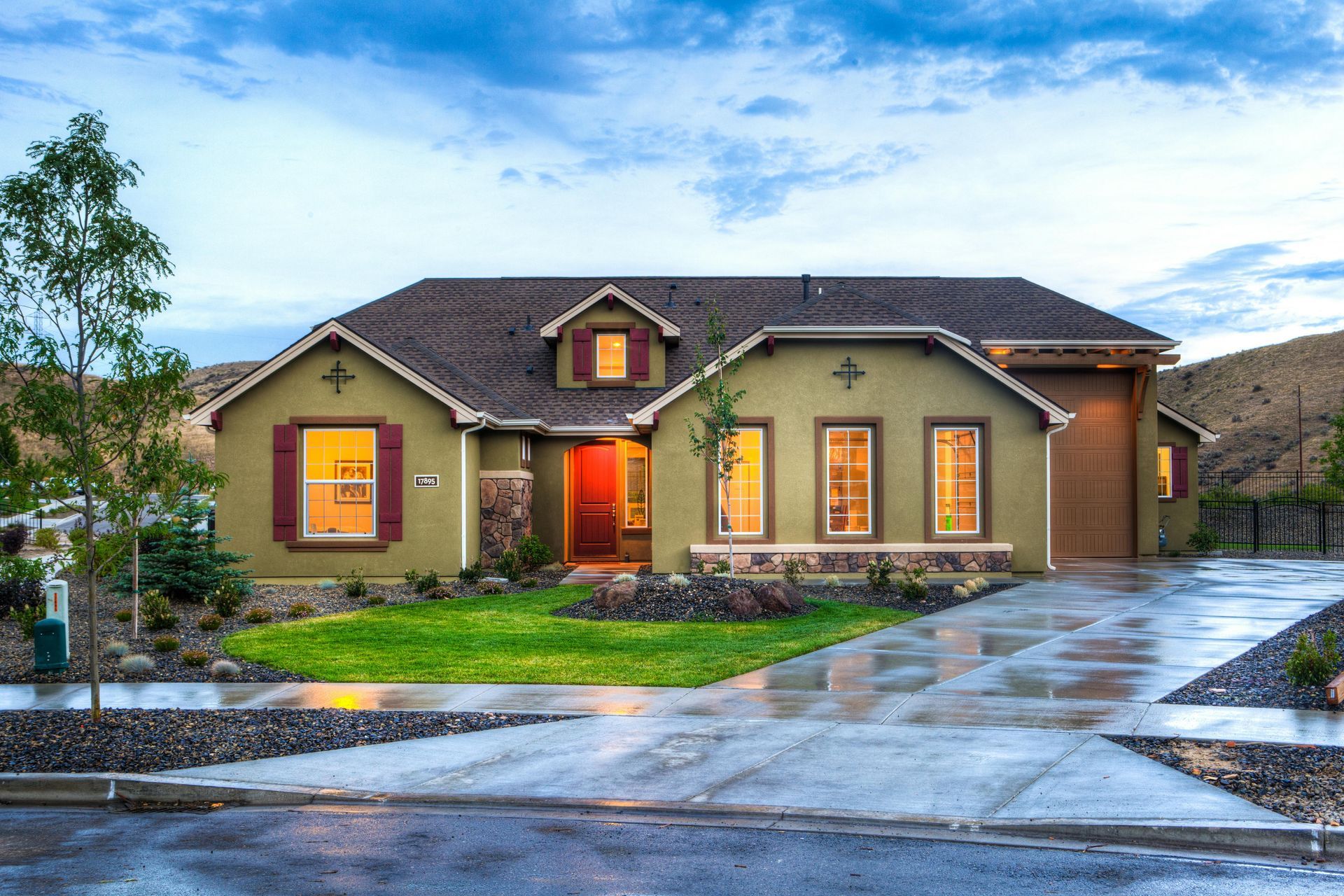Many seniors and their families don’t use a lawyer to plan for long-term care or Medicaid, often because they are afraid of the cost. But an attorney can help you save money in the long run as well as make sure you are getting the best care for your loved one.
Instead of taking steps based on what you have hear from others, doing nothing, or enlisting a non-lawyer referred by a nursing home, you can hire an elder law attorney. Here are a few reasons why you should at least consider the option:
- No Conflict of Interest: When a nursing home refers the families of residents to non-lawyers to assist in preparing the Medicaid/MassHealth Application, the preparer has dual loyalties, both to the facility that provides the referrals and to the client applying for benefits. To the extent everyone wants the Medicaid/MassHealth Application to be successful, there’s no conflict of interest. But it is in the nursing homes interest that the resident pay privately for as long as possible before going on Medicaid, while it is in the nursing home residents interest to protect assets for the resident’s care or the resident’s spouse or family. An attorney hired to assist with Medicaid planning and the application has a duty of loyalty only to the client and will do his or her best to achieve the client’s goals.
- Saving Money: Nursing homes can cost as much as $15,000 per month in some areas, so it is unusual for legal fees to equal the cost of even one month in a facility. It is not difficult to save this much in long term care and probate costs. And most attorneys will consult with new clients at little or no cost to determine what might be achieved before the client pays a larger fee.
- Deep Knowledge & Experience: Professionals who work in any field on a daily basis over many years develop both the depth and breadth of experience and expertise to advise clients on how they might achieve their goals, whether those are maintaining independence and dignity, preserving funds for children and grandchildren, or staying home rather than moving to assisted living or a nursing home. Less experienced advisors, however well intentioned, cannot know what they don’t know.
- Malpractices Insurance: While we should expect that every professional we work with will provide outstanding service and representation, sometimes things don’t work out. Fortunately there is a remedy if an attorney makes a mistake because almost all attorneys carry malpractice insurance. This is probably not the case with other advisors in the Medicaid arena.
- Peace of Mind: While it’s possible that when you consult with an elder law attorney, the attorney will advise you that in your situation there is not much you can do to preserve assets or achieve Medicaid eligibility more quickly, the consultation will provide peace of mind that you have not missed an important opportunity. In addition, if obstacles arise during the process, the attorney will be there to work with you to find the optimal solution.
Medicaid rules provide multiple opportunities for nursing home residents to preserve assets for themselves, their spouses and children and grandchildren, especially those with special needs. There are more opportunities for those who plan ahead, but even at the last minute there are almost always still steps available to preserve some assets. It’s always worth checking out whether these are steps you would like to take.





